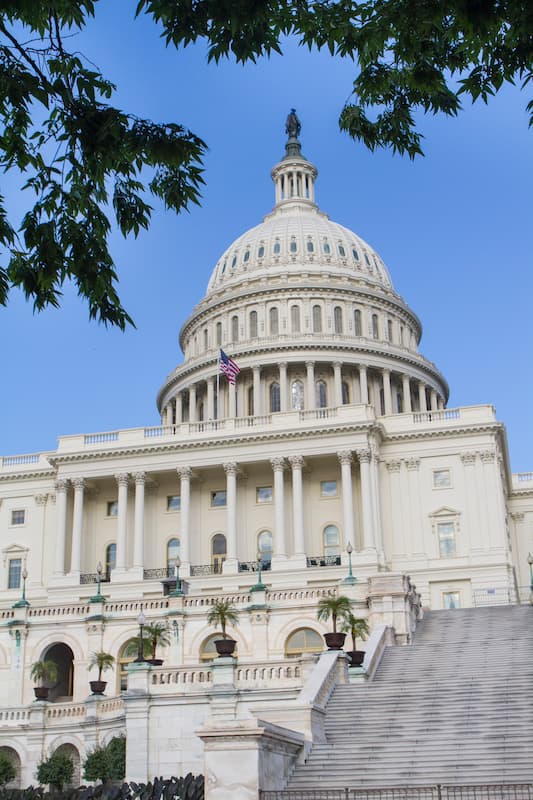The Senate bill contains provisions for both businesses and individuals. Most notable are:
- Stimulus checks
A third round of stimulus payments is coming but will phase out faster than in previous rounds based on income.
Individuals earning less than $75,000 annually and married couples earning less than $150,000 will receive $1,400 per person, including children. Payments will phase out completely for individuals who earn more than $80,000 a year and married couples earning more than $160,000 -- regardless of how many children they have. This is a change from the House bill that set income caps at $200,000 for couples and $100,000 for individuals.
Unlike the previous two rounds, adult dependents -- including college students -- are expected to be eligible for the payments. - More money for small businesses
Both bills would provide $15 billion to the Emergency Injury Disaster Loan (EIDL) program, which provides long-term, low-interest loans from the SBA. Severely impacted small businesses with fewer than 10 workers will be given priority for some of the money.
The bills also provide $25 billion for a new grant program specifically for bars and restaurants. Eligible businesses may receive up to $10 million and can use the money for a variety of expenses, including payroll, mortgage and rent, utilities and food and beverages.
The PPP would get an additional $7 billion, and the bills would make more non-profit organizations eligible. - Child Tax Credit
Both the House and Senate bills increase tax credits for families -- to $3,600 for each child under 6 and $3,000 for each child under age 18 (from the current $2,000 per child under age 17). The credit would also become fully refundable, and families would receive payments monthly, at least at first, rather than a lump sum once a year. - Optional paid sick and family leave
While neither bill would reinstate mandatory paid family and sick leave approved in a previous COVID relief package, both continue to provide tax credits to employers who voluntarily choose to offer the benefit through October 1. - Federal Minimum Wage
The Senate bill does not include an increase in the federal minimum wage. The House bill proposed raising it to $15 an hour. - Unemployment assistance
The Senate version calls for providing a $300 federal boost to weekly jobless payments and make the first $10,200 worth of benefits payments tax-free for households with annual incomes less than $150,000.
This is a significant change from the House bill, which would provide a $400 weekly and no tax provision. - Additional provisions
- $170 billion for K-12 schools and higher education to speed up the return to the classroom and $39 billion to child care providers to pay employees and rent, help families struggling to pay the cost, and purchase personal protective equipment and other supplies.
- Both the Senate and House bills would make federal premium subsidies for Affordable Care Act policies more generous and would eliminate the maximum income cap for two years.
- The Senate and House bills provide $14 billion to research, develop, distribute, administer and strengthen confidence in vaccines.
- The Senate bill would provide $350 billion to states, local governments, territories and tribes, the same amount as the House.
- About $10 billion would be authorized to help struggling homeowners pay their mortgages, utilities and property taxes.





